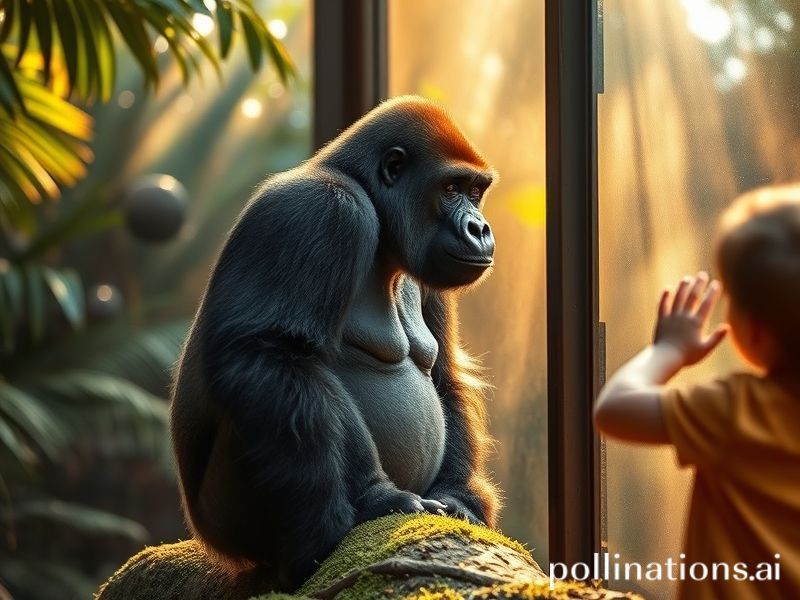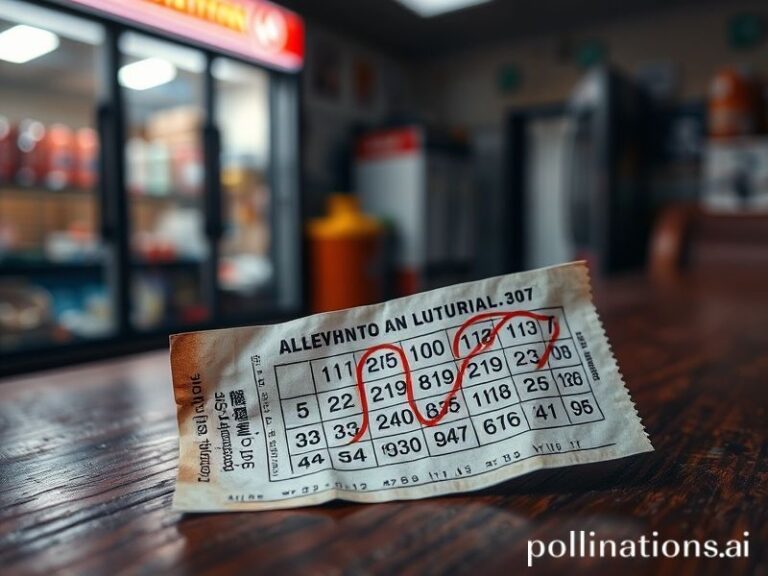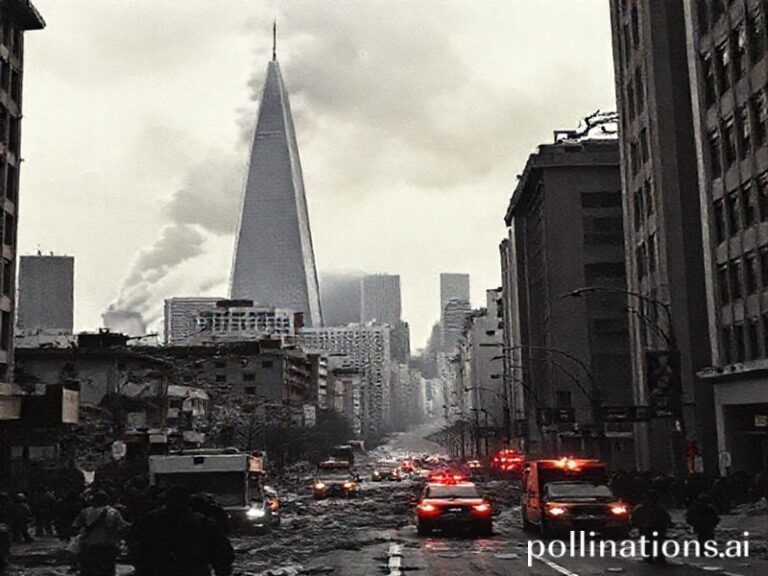Blackpool Zoo: The Last Imperial Menagerie in a Post-Brexit World
Blackpool Zoo: Where the Empire’s Last Menagerie Paces Off-Season
By the time you reach Blackpool, the Irish Sea has already warned you that the British Empire ended in drizzle and discount fish-and-chips. Still, one must pay respects to the final, stubborn outpost of Victorian hubris: a 32-acre rectangle of Lancashire coastline that continues to incarcerate fauna for the edification of stag parties and French exchange students who’ve run out of rainy-day options.
International visitors arrive expecting a quaint, slightly tatty wildlife park. Instead, they receive a crash course in post-industrial Britain—half Costa del Sol, half Waiting for Godot, with giraffes. The zoo’s giraffe house, built in 1972, now doubles as a Brexit metaphor: elegant necks straining above a crumbling concrete wall while the concession stand sells “Authentic African Spiced Chips” invented in a Preston food lab. A Chinese tourist filming a TikTok told me, “It’s like Shanghai Disneyland, except the magic is leaking out of the ceiling.” I assured him the damp is traditional.
Blackpool Zoo’s animal roster reads like a UN roll-call after several members have been expelled for non-payment of dues. Bornean orangutans named Cherie and Gordon (no relation, presumably) swing under heat lamps powered by a wind farm the zoo can’t quite afford. A trio of California sea lions—refugees from a bankrupt circus in Tijuana—perform daily shows to a medley of 1980s power ballads. When “Eye of the Tiger” boomed across the amphitheatre last Tuesday, a German school group instinctively saluted. Old habits, like empires, die hard.
The broader significance? Zoological gardens were once colonial trophy cabinets: Bengal tigers for Manchester mill owners, pygmy hippos for Antwerp diamond traders. Blackpool Zoo, opened in 1972, missed the golden age of plunder and arrived just in time for the guilt. Today its mission statement pledges “conservation through education,” which translates to gift-shop plushies stitched in Vietnam and a QR code that lets you adopt a meerkat for £3.50 a month—cheaper than a London pint, marginally more useful.
Yet the place exerts a morbid fascination on the geopolitically minded. The penguins occupy a replica of the original 1920s promenade, complete with neon lights that spell KISS ME QUICK in LED. It is, accidentally, the perfect diorama of Anthropocene hubris: birds evolved for Antarctic isolation now moonwalking under Blackpool’s end-of-the-pier LEDs, while the tide outside creeps six millimetres closer each year. A Dutch climate scientist visiting with his kids muttered, “We came to see animals; instead we see the bill.”
Over in “Project Elephant Base Camp,” the zoo’s £3 million attempt at moral redemption, Asian elephants sway in a custom-built paddock funded partly by Qatar and partly by a mysterious blockchain consortium whose logo looks suspiciously like a pyramid scheme. The elephants don’t seem to mind; they have acres to roam and a hydrotherapy pool that most NHS patients would kill for. Still, every so often the matriarch, Kate, glances toward the M55 motorway and flaps her ears—perhaps remembering monsoon forests, perhaps just registering the distant chimes of an ice-cream van. The line between nostalgia and tinnitus is thin.
As dusk settles and the last churro stand shutters, the zoo transforms into a low-budget Casablanca. Brazilian capybaras chew contemplatively beside a Canadian goose that arrived on a storm front in 1997 and refused to leave. A Ukrainian keeper who fled Kharkiv in 2022 tells me the wolves remind her of home, “minus the drone strikes.” She shrugs, feeding them supermarket sausages: “Adaptation is the only superpower left.”
International diplomacy, it turns out, still happens behind the scenes. Last year, the zoo’s male lion, Wallace, was swapped for a female snow leopard from Kraków in a deal negotiated over WhatsApp and sealed with crates of Yorkshire Tea. Somewhere in the Kremlin, a minor official probably logged the exchange as soft-power espionage.
Blackpool Zoo will never again be grand, but it persists—an ark patched together with European Union grants, Gulf-state petrodollars, and the loose change of British schoolchildren. If you listen past the seagulls, you can hear the future negotiating visitation rights with the past. And if the sea keeps rising, well, the penguins will finally get the waterfront real estate they always pretended to want.







